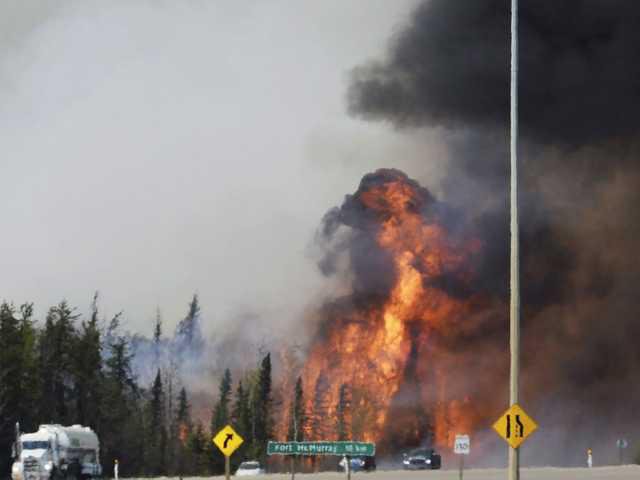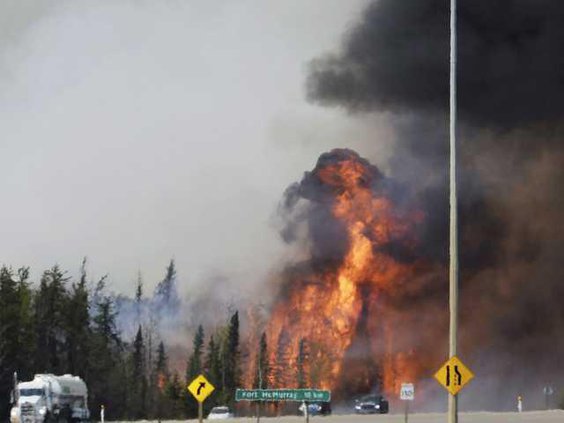WASHINGTON — Last year's global weather was far more extreme or record breaking than anything approaching normal, according to a new report.The U.S. National Oceanic and Atmospheric Administration on Thursday released its annual checkup of the Earth, highlighting numerous records including hottest year, highest sea level, and lowest sea ice in the Arctic and Antarctica.The 299-page report, written by scientists around the world and published in the Bulletin of the American Meteorological Society, shows that 2016 was "very extreme and it is a cause for concern," said co-editor Jessica Blunden, a NOAA climate scientist.Researchers called it a clear signal of human-caused climate change. A record large El Nino, the warming of the central Pacific that changes weather worldwide, was also a big factor in last year's wild weather."2016 will be forever etched in my brain as the year we crossed a new threshold of climate change — one that gave us a grim glimpse into our future," said Georgia Tech climate scientist Kim Cobb, who had no role in the report.Scientists examined dozens of key climate measures and found: At any given time, nearly one-eighth of the world's land mass was in severe drought. That's far higher than normal and "one of the worst years for drought," said report co-author Robert Dunn of the United Kingdom Met Office.
2016 weather report: Extreme and anything but normal
Hottest year on record, sea levels on the rise


Sign up for the Herald's free e-newsletter